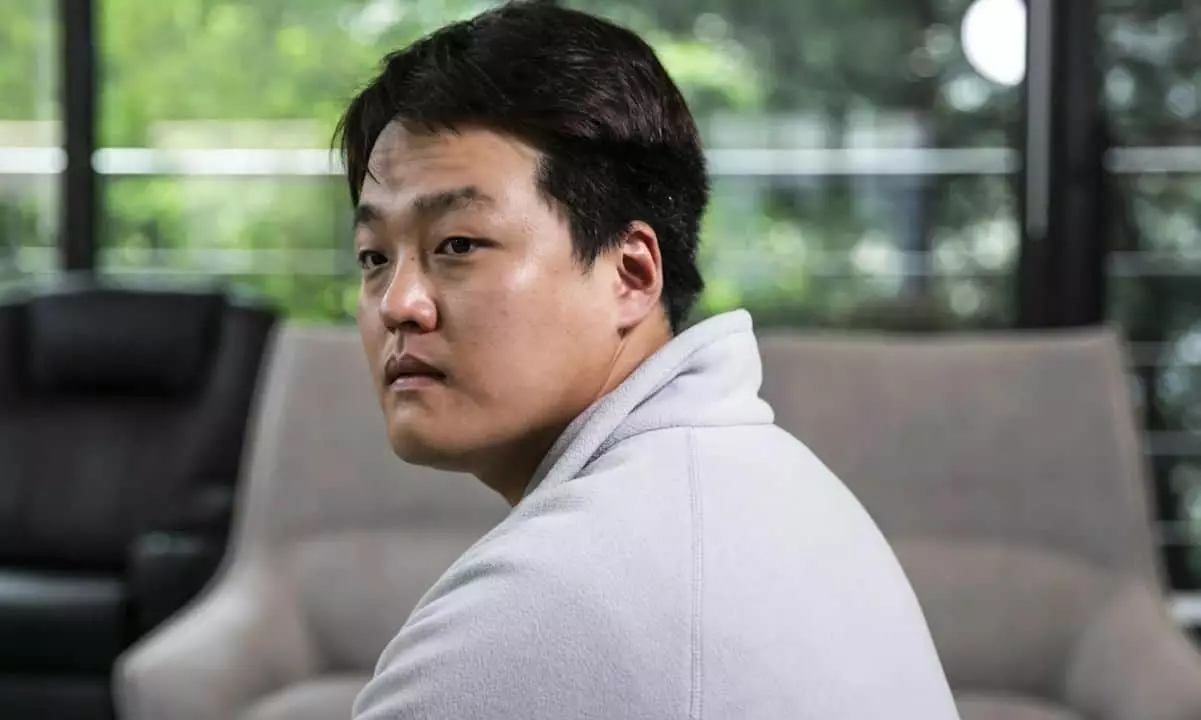After a long back-and-forth, the Terraform Labs co-founder, Do Kwon, may finally be handed over to South Korean authorities. The Appellate Court of Montenegro has confirmed the decision to extradite him back to his native country. This decision comes after Terraform Labs’ Chief Executive Officer, who was arrested alongside Kwon in Montenegro, was earlier supposed to be extradited to the US.
The Montenegrin Court of Appeal recently rejected Kwon’s appeal to overturn the decision from the Podgorica High Court. This decision marks a change from previous appeals won by Kwon and his legal defense team to prevent his extradition to either South Korea or the United States. Initially, it seemed like he would be sent to the US, but the Appellate Court intervened, citing criminal procedural violations in the extradition process.
It is yet to be determined when the extradition will take place, but South Korea’s Police have reportedly sought the assistance of Interpol to bring Kwon back into the country. The Appellate Court highlighted that South Korea’s request for Kwon’s extradition was prioritized over the US’s request, influencing their decision. However, US prosecutors are not backing down and are planning to fight Kwon’s deportation to South Korea.
Legal Troubles
Kwon, who has been in the spotlight for his involvement in the collapse of TerraUSD (UST) stablecoin and the LUNA token, was found guilty of carrying a fake passport. Alongside Terraform’s former Chief Legal Officer, Han Chang-joon, he was sentenced to four months in prison. The legal battles surrounding Kwon’s extradition have been complex and have involved multiple countries and legal systems.
Do Kwon’s extradition saga highlights the complexities of international legal proceedings, especially in cases involving high-profile individuals and multiple jurisdictions. The decision to extradite him to South Korea has raised questions about the fairness and transparency of the process. The involvement of Interpol and conflicting interests between the US and South Korea adds another layer of complexity to the case. Only time will tell how this saga unfolds and what implications it may have for the future of cross-border legal proceedings.


Leave a Reply